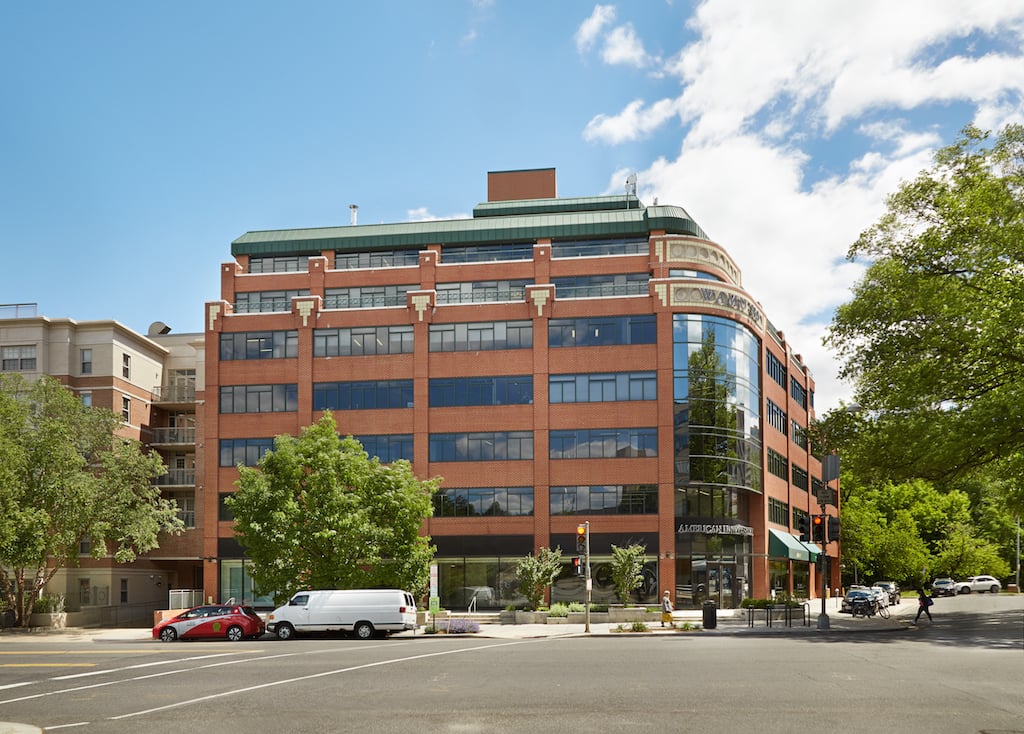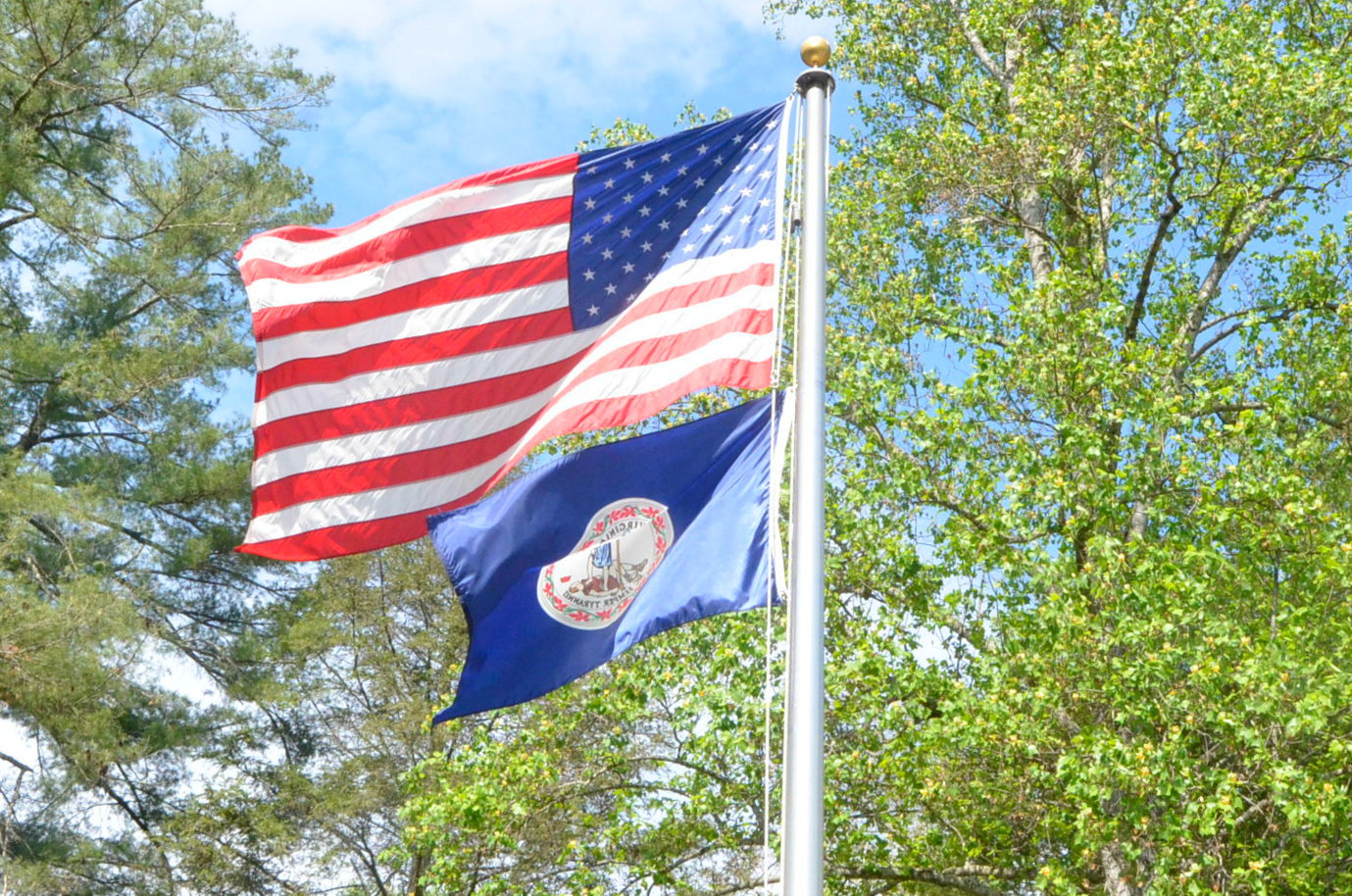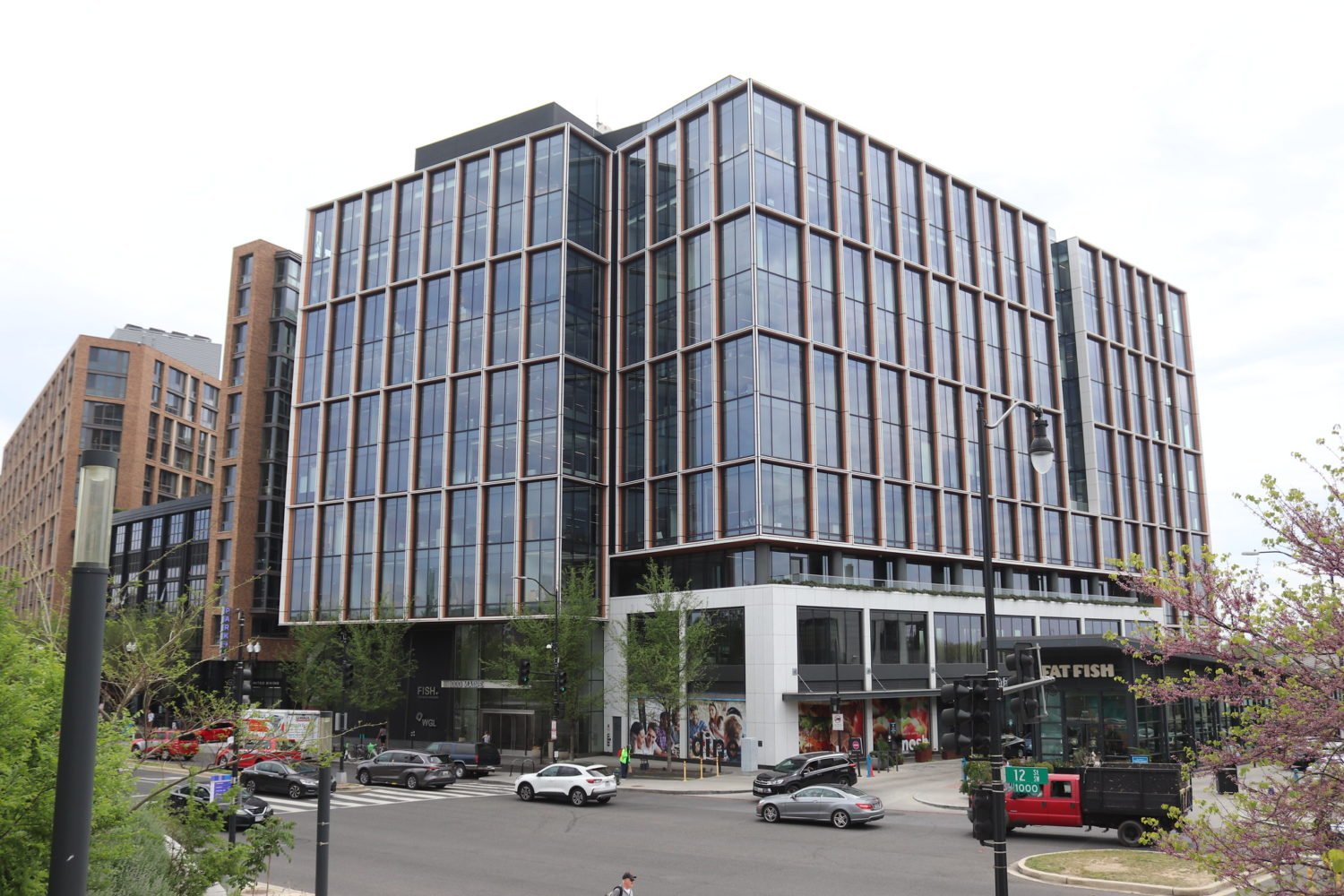Kevin Bush spends his days dreaming up the things that should keep you awake at night. Last summer, the onetime Housing and Urban Development official, who helped direct the department’s Hurricane Sandy response, was named DC’s first chief resilience officer. Part of his job is to envision the various catastrophes that might strike the District and to figure out what steps the city should take to mitigate harm. His two-year stint is funded by the Rockefeller Foundation’s 100 Resilient Cities program, which is designed to help urban centers around the world prepare for 21st-century challenges.
We met up with Bush at the Wilson Building to find out exactly what we should be freaking out about.
What do you mean when you talk about resiliency?
The clearest and most uniform definition I have is that it’s simply the immune system. Cities are complicated systems of systems; there’s road systems, there’s health systems, there’s housing systems. They all come together and interact in ways we don’t always recognize. We’re trying to step back a little from the day-to-day fire drills of governing a city of 700,000 people and say, “What are the different things that we need to be resilient to?”—whether that’s population and economic growth, technological change, climate change, you name it. How is our immune system weak and how is it strong? How can we build up immunities to things that we can expect coming on down the line?
What types of risks are you looking at in Washington?
Shocks and stresses. Shocks are the big, acute, sudden things. A terrorist attack, a hurricane, and also non-emergency-management shocks: If there is a 2½-week federal-government shutdown, that’s a major shock to the system. The stresses are things you might think of as the everyday disasters—things that weaken our fabric. In DC, that’s the high cost of housing and stressed transportation networks.
What about flooding?
I don’t think most people in DC realize this, but we are a deltal city, so we have to deal with sea-level rises. The Potomac and the Anacostia are tidal rivers, and 70 percent of the land is coastal plain. Because DC was developed along a major fault line, we have a rate of soil subsidence. Those factors come together, and we actually have the fastest rate of sea-level rise along the East Coast. That’s important because if a hurricane makes a westward turn, like Sandy did, that would mean that storm surge would come up the Chesapeake and into all of the tidal rivers.
How do you mitigate the risk of a shock like that?
The idea of resilience is you don’t just plan for the shock, you also address the stresses. An example of that from my last job at HUD: There were a series of heavy rain events in Louisiana a couple years ago that affected two-thirds of the counties in the state. Louisiana already had a very tight housing market, and a lot of folks were experiencing homelessness or in unstable housing situations. All of a sudden, these huge rainstorms came through and pushed a lot of people to the brink of homelessness. They weren’t able to access traditional disaster aid because they didn’t have a lease or a deed to show. Or they weren’t able to find a rental unit anywhere near their job, or social supports, because the market was already tight.
When we’re talking about flooding or hurricanes, we can’t just talk about retention basins and levees. We have to talk about all of these other things and how they would be laid bare in a disaster.
In general, how resilient is Washington?
DC is unique because we are a city and a county and a state. We are a leader, globally, in responding to climate change. We’re doing really innovative things on the transportation front. And in many ways the DC homeland-security and preparedness community has to deal with large-scale events on a regular basis, whether it’s the Women’s March or the inauguration every four years—types of events that other cities of similar population might have to deal with on a five-year basis. So we’re drilled, we’re exercised, we’re ready to go in a lot of ways.
What I am trying to tell you is that Washington is resilient, but there are some very serious and big changes that are happening to every city in the world, and we need to be resilient to things like climate change.
What drew you to this type of work? You spend a lot of time thinking about the worst things that can happen.
It’s a depressing life. [Laughs.] I am from the Midwest, and right after I finished school for urban planning, I did a lot of work in Detroit. That was a lesson in economic resiliency. Then I ended up at the White House’s Council on Environmental Quality, doing climate-adaptation work. I quickly realized that the people I was hoping to help when I was doing economic-disinvestment work were also the people most vulnerable to climate change. Look at the most recent National Climate Assessment and you’ll see that across all factors, the poor are more vulnerable to climate factors.
What’s your personal emergency plan? Do you have some kind of bunker under your house?
No, but when we bought our house, the first thing I did was air-seal and insulate it with R60 insulation. We also put in a wood-stove insert. The most common thing that might happen, perhaps during a derecho storm, is that the power would go out. If the power goes out in the winter, you’re welcome to come over to my house. I have a fully stocked liquor cabinet and plenty of heat.
What’s your favorite disaster movie?
I have to go with Airplane! It’s not very realistic anymore because federal law requires that the flight deck be able to “resist forcible intrusion by unauthorized persons.” So I don’t think anyone would be able to get in there and activate Otto, the inflatable autopilot.
Earlier this year, DC Council member Trayon White claimed that the Rothschilds were somehow using your program to control the weather. What did you make of that controversy?
I think it’s important that he apologized. We did have a really productive meeting with the council member afterward and were able to talk about the issues we’re focused on. The reality is that we are focused on many of the same things. Ultimately, we’re trying to address the underlying vulnerabilities of large chunks of the population to these big shocks—things like not being able to afford a house, experiencing trauma on a regular basis, not having access to health care.
I’m really happy that when we reached out, he was eager to meet with us. I think he was surprised to learn about all the issues we focus on. There’s a lot of similarity with the issues he pushes for.
What was it like to go through that experience?
It started a good dialogue that a lot of folks in the Wilson Building have been participating in and I think is important to do. We have to talk about these things.
Do you control the weather?
We don’t control the weather, no. Although yesterday we had over an inch of rain. Sometimes you kind of wish that you did.
This article appeared in the July 2018 issue of Washingtonian.


![Luke 008[2]-1 - Washingtonian](https://www.washingtonian.com/wp-content/uploads/2017/10/Luke-0082-1-e1509126354184.jpg)
















